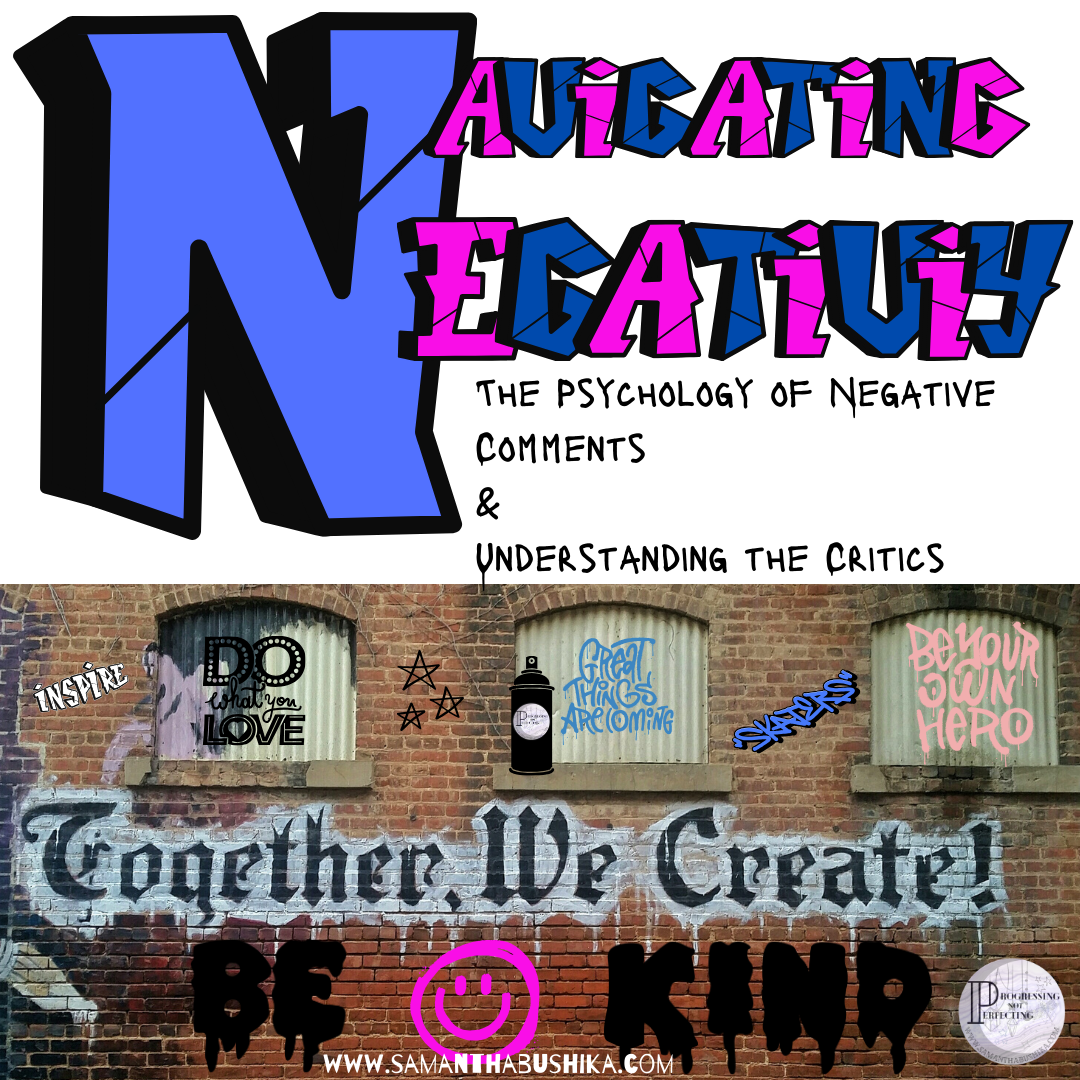
Samantha Bushika
Share this Article
Stay Connected

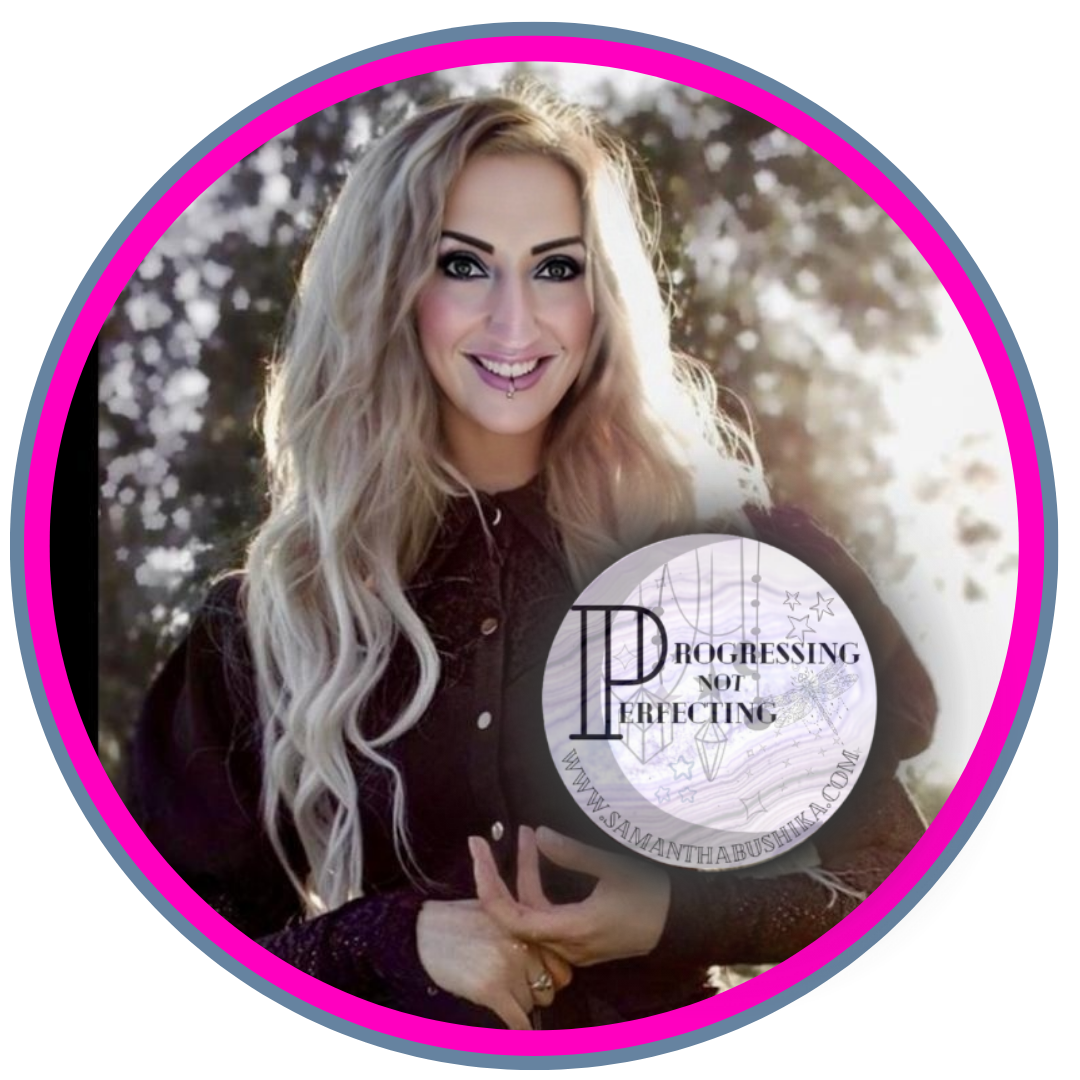
Samantha Bushika
I am eight years sober from an addiction that nearly killed me. I am the OG-She who rose from the ashes of my own destruction, and for the rest of my life, I help others rise. Proving them all wrong with every achievement. You should hang around so we can really show them what we can do!

“You have to grow from the inside out. None can teach you, none can make you spiritual. There is no other teacher but your own soul.”
– Swami Vivekananda
In the vast landscape of the internet, where opinions flow freely, and diverse voices converge, leaving negative comments has become a common practice. These digital snippets of disdain, often delivered with the comfortable veil of anonymity, can cast a shadow over the vibrant online communities we’ve come to cherish.
The digital realm has empowered us to connect, share, and express ourselves in ways unimaginable just a few decades ago. However, with this freedom comes a responsibility—to be mindful of our words and their impact on others. Behind every screen is a real person, a creator pouring their passion into content that speaks to them and their audience.
In this post, I am going to address why these unfair critics leave these comments, the true meaning of these comments, how they can stop, and different ways to handle different kinds of negativity in your comments sections. I address those who leave negative comments not to perpetuate a cycle of blame but to foster understanding and encourage a shift toward positivity.
We delve into the reasons behind the seemingly senseless negativity, exploring the psychological underpinnings and the ripple effects it creates. Together, we can transform the digital landscape into a space that nurtures creativity, fosters meaningful connections, builds others up, and uplifts the diverse voices that enrich our online world.
What Made Me Address This Issue?
I have recently become a Newsbreak contributor in hopes of getting my work out there because I can’t help people if they don’t know I exist, right? I was immediately blown away by the reach and the number of individuals reading my content, but with that came something that I knew was coming and had been trying to prepare for… The negativity.
I am writing this post because what I am about to share is what I needed to hear, and thanks to Alysse Bryson, founder of The Sober Curator, I was able to hear this and move forward instead of obsessing over why people don’t like me and want to rip me apart with words. When I told Alysse about the negativity, she said,
“You know you’re doing big things when the trolls make their appearance in your comments.”
She couldn’t have said a more perfect thing at that moment. She was right. I needed not to take it personally because the people leaving negative comments- they don’t know you. Even if they did know me, I do not claim to be anything I’m not. I am also not the person that I once was. Misery loves company. People leaving negative comments are not happy with themselves, so they take it out on an external source.
I have never been a negative person. I always try to make the best out of all situations, no… matter… what… I will be eight years into my recovery journey in March. In my recovery, I have become extremely sensitive. I’m not talking about constructive criticism, either. As an empath, I have become very conscious of the pain of others, but I am also hyper-sensitive to energy and unwarranted negativity sent my way from other people.
Choose Peace & Joy
started noticing kindness first. I use a lot of meditations and astral projection videos on YouTube, and if you are a part of any of these communities, you know the comments of which I speak. Words of encouragement from stranger to stranger that go something like this:
“Hey, you. To the person reading this. Everything is going to be okay. You are strong. You are valued. You are loved. Pass it along.”
Some are more expressive and kind, and some are short and sweet, but they are such beautiful things. New people in these communities always say the kindness in the comments blows them away, and some say they visit the comments when feeling down.
I am a huge believer that we reap what we sow. I have lived this for most of my life. It wasn’t working the way I was doing it, so today, I choose to pass along peace and joy. What do you choose?
I used to be judgmental and sometimes negative. I used to gossip and get sucked into drama for speaking my mind at times when I should have known better. Now,
I only spread love, support, kindness, and gratitude. Maybe this is why my life did such a dramatic 180 turn. I am so much lighter and happier now. What if you could be, too? Don’t you want to be happy?
The Negative Comments
I created an Addiction & Incarceration series that I post every other week. I allow myself to be vulnerable in this series because my vulnerability is authentic, and it makes me uncomfortable. I believe authenticity paves the way for honesty, which is essential when trying to help people.
The first post was picked up on The Sober Curator site, where I am a Sober Curator. This made me apply to be a contributor. I decided to submit the rest of the series thus far because I am passionate about doing everything I can to prevent other people from going through what I went through.
My intentions have been and continue to be pure, and I thought that would count for something. I couldn’t believe there were thirteen comments an hour after I published the post. I felt my stomach flip. I am fully aware of the negativity in comments and how negativity tends to perpetuate more negativity, but I looked. The first comment was from a person I had never heard of in my life, from California with no photo. It went something like this:
“Oh yeah. Worst jun&ie I ever met in my life.”
Another said,” You do the crime, you do the time, girlfriend. I am sure you blame everyone else but yourself for it. It’s always everyone else’s fault when addicts mess up. They look at everyone but themselves.”
A few more comments alluded to the fact that I “… don’t know what a real prison is…” and a small argument about Vermont not having any prisons, only jails.
I still can’t justify in my mind how anyone could turn around and bash me for being vulnerable and putting myself out there like that in the name of helping people. How sad is it that human beings are going out of their way and taking time out of their day to make other people feel bad about putting themselves out there? What happened to this world? Why is everyone so angry and hateful?
I was really hurt by these senseless comments. First of all, I wasn’t claiming to be all big and bad. I was telling a part of my story. I wasn’t claiming to be all OG-She or acting like I was all hard because I spent twenty years wasting my life away going in and out of jail. I am trying to educate the younger generations on what it’s like when you go down that road.
Kween of Kings
I follow a family on YouTube, and their channel is called Kween of Kings. I love them, and I love watching how happy and in love they are. They are a beautiful family showing the world what they are made of.
The day after I received my negative comments, I wanted to give them some positivity, and I went to comment, and my heart fell. The video was the husband asking his family members what they thought of his “chocolate queen.” It was adorable.
Someone in the comments made a list of 5 or 6 extremely cruel and extremely racist things in response to what he (the commenter) thought of his chocolate queen. This comment made my blood boil.
The queen played it so cool by pinning his comment to the top of the comments and saying that she believed there was a racist and to “…get him, guys!” I envied her cool, collected move and that she didn’t allow any of it to take more than one second of her thoughts, but to be honest, I was mad for her.
Why Do They Do It?
The act of leaving negative comments for no apparent reason can be attributed to various factors. I think by this point, most of us know that these negative comments often reflect more about the individual leaving the comment than the content or the creator they are targeting. Here are some potential reasons why people become keyboard warriors/e-thugs/keyboard cowards:
- Anonymity and Disinhibition Effect: The online environment, particularly when individuals can comment anonymously, can lead to a disinhibition effect. People may feel emboldened to express negativity without facing immediate consequences, leading to behavior they might not exhibit in face-to-face interactions, so basically, they become a cyberbully, or they engage because they just want to start drama and try to make everyone feel as bad as they do.
- Projection of Insecurities: Individuals who harbor deep-seated insecurities or self-hatred may use online platforms as an outlet to project their negative feelings onto others. Criticizing or belittling others might temporarily alleviate their own emotional distress.
- Seeking Attention: Negative comments can be a way for individuals to seek attention and validation, even if it’s through negative means. They might believe that leaving controversial or hurtful comments will garner more responses and engagement.
- Frustration and Power Dynamics: Some people may feel a lack of control or power in their own lives, and leaving negative comments can be a way for them to exert control or feel a sense of power in the online space.
- Lack of Empathy: Some individuals may not fully realize or understand the impact of their words on others. A lack of empathy can lead to insensitive or hurtful comments without considering the person’s feelings on the receiving end.
- Social Comparison: In the age of social media, people often compare their own lives to the seemingly perfect lives of others. Negative comments may be a manifestation of envy or frustration stemming from their own perceived inadequacies.
- Boredom or Trolling: For some, leaving negative comments may be a form of entertainment or a way to pass the time. This behavior is often associated with trolling, where individuals intentionally provoke and upset others for their own amusement.
Understanding these underlying motivations can help both content creators and online communities develop strategies to address and mitigate the impact of negative comments. Promoting a culture of empathy, positive communication, and constructive criticism can contribute to a healthier online environment for everyone involved. This is the way things should be.

Register for our growing judgment-free, all-inclusive, supportive community.
The Effects of Negative Comments
Negative comments can have far-reaching effects, creating a ripple of negativity that extends beyond the immediate interaction. Here are some of the effects of negative comments and how the negativity can be perpetuated:
Impact on Mental Health: The effects can be profound for the recipient of a negative comment. Constant exposure to criticism, insults, or derogatory remarks can lead to stress, anxiety, and even depression. The emotional toll can be particularly significant for content creators who invest time and effort into their work and that create in hopes of helping others.
Creation of a Toxic Environment: Negative comments contribute to the overall atmosphere of online spaces. When negativity becomes pervasive, it can create a toxic environment where people hesitate to express themselves, share their work, or engage in discussions. This, in turn, stifles creativity and constructive dialogue.
Deterioration of Community and Support: Online communities thrive on mutual support and shared interests. Negative comments disrupt the sense of community and support these spaces aim to foster. Content creators may become discouraged, leading to a decline in the quality and quantity of content produced.
Spreading Negativity to Others: Negativity can be contagious. Individuals encountering negative comments may be more likely to adopt a critical or cynical mindset. This spreading of negativity can create a cycle where one negative comment begets more negativity, ultimately shaping the culture of an entire online community.
Fear of Expression: The fear of receiving negative comments can stifle creativity and self-expression. Individuals may become reluctant to share their thoughts, ideas, or creations out of concern for potential criticism. This fear can limit the diversity of voices and perspectives in online spaces.
Escalation of Conflict: Negative comments can escalate into online conflicts and heated debates. What starts as a single negative remark can quickly snowball into a larger argument, like what happened in the video comments I mentioned above, with multiple individuals getting involved. This not only intensifies the negativity but also detracts from meaningful and respectful discussions.
To break the cycle of negativity and mitigate its effects, it’s essential for both individuals and online communities to foster a culture of positivity, empathy, and constructive communication. As content creators, we need to encourage positive interactions by moderating comments, promoting community guidelines, and actively engaging with our audience in a supportive manner. Online platforms can also play a role by implementing tools and policies that discourage and address harmful behavior.
By promoting a more positive and respectful online culture, individuals can contribute to a healthier digital environment that encourages creativity, collaboration, and meaningful connections. Just as negativity breeds more negativity, positivity doubles positivity. Negativity isn’t doing anyone any favors. It just sucks.
“
“First comes thought; then organization of that thought, into ideas and plans; then transformation of those plans into reality. The beginning, as you will observe, is in your imagination.”
-Napoleon Hill
Imagination is the starting point for all creation. It’s where our thoughts begin to take shape, forming the foundation for ideas and plans. As we organize these ideas, they evolve into clear, actionable steps.
The true magic happens when we take those steps and turn our vision into reality. This process highlights the power of our inner world—where what begins as a mere thought can transform into something tangible and impactful.
It all starts with the ability to imagine and then methodically bring that imagination to life.
How to Handle Negative Comments Professionally
I had no idea how to handle the negative comments. It’s important to realize that there is a big difference between someone leaving honest feedback that we don’t like and negative comments. All creators need to be able to accept constructive criticism, of course. It’s how we grow and get better, but nobody deserves to be another person’s verbal punching bag either.
More importantly, we need to support other creators. I have never watched a video and not clicked that thumbs-up. How easy is that? As creators, we know how much those likes mean. Come on. It will come back to you. If anyone knows how brutal, unforgiving, and underappreciated creators are, it’s other creators. Support one another.
It’s not like a click is going out of your way. Build one another up! This is also a great way to know whether you have already seen a video or not. See? Look at the perks. Handling negative comments can be challenging, but responding with grace and professionalism can help us, as creators, maintain a positive online presence.
Here’s a detailed list of ways we can handle different types of negative comments and appropriate responses:
- Constructive Criticism
Response: Appreciate the feedback and thank the commenter for their input.
Example: “Thank you for your feedback! I appreciate constructive criticism. I’ll take your suggestions into consideration for future content.”
- Unsubstantiated Criticism or Insults
Response: Stay calm and avoid escalating the situation. Respond politely and assertively.
Example: “I’m sorry you feel that way. If you have specific concerns, I’m open to hearing them, but let’s keep the conversation respectful.”
- Trolling or Provocation
Response: Refrain from engaging in a heated argument. Maintain a calm and neutral tone.
Example: “It seems like you have strong opinions. Let’s try to keep the conversation constructive. If you have specific concerns, I’m open to discussing them.”
- Hateful or Offensive Comments
Response: Report and delete offensive comments. Address the issue without stooping to the same level. Remember, they are looking for a strong reaction from you because that’s how they get their “fix.” Do not give them the satisfaction.
Example: “This comment violates our community guidelines. I’ve reported it. Let’s keep our discussions respectful and focused on the topic.”
- Negative Feedback About Your Character, Appearance, or Personal Life
Response: Establish boundaries and redirect the conversation to the content. Remind them that you’re only trying to help other people with _______.
Example: “I believe in promoting positive and respectful dialogue. If you have concerns about my character or physical attributes, let’s address them constructively. Personal attacks don’t contribute to meaningful discussions. I’m open to feedback that helps improve my content or fosters a more positive community. Let’s focus on the topics at hand, and if you have specific questions related to the content, feel free to ask via email or messenger.”
- Comparisons to Others
Response: Acknowledge differences and express gratitude for individuality.
Example: “We all have unique styles and perspectives. I appreciate your feedback, and I’m committed to staying true to my own voice and vision.”
- Accusations or Misinformation
Response: Clarify any misunderstandings calmly and factually.
Example: “I understand there may be confusion. Let me clarify that [provide accurate information]. If you have further questions, feel free to ask.”
- Concerns about Content Quality
Response: Acknowledge the concern and share your commitment to improvement.
Example: “I hear your concerns about the content quality. I’m constantly working to improve, and I appreciate your patience. If you have specific suggestions, I’m all ears!”
- Negative Comments from Regular Followers
Response: Address the comment with empathy and openness. If they cross the line, don’t hesitate to block them.
Example: “I value your perspective as a regular follower. Let’s discuss your concerns openly. Your feedback helps me grow, and I want to ensure the content meets your expectations.”
Comments Affecting Mental Health
Response: Prioritize your mental health. Encourage positive discussions and block or filter harmful comments. Feel free to delete these comments because they definitely aren’t worthy of your attention.
Example: “I’m here to create positive content and help people. If you have constructive feedback, I’m all ears. Otherwise, let’s keep the conversation uplifting and supportive.”
Remember, each situation is unique. Consistency in maintaining a positive and respectful tone helps cultivate a healthy online community.
Additionally, consider establishing clear community guidelines to set expectations for constructive engagement. State in the guidelines that you have a zero tolerance for (fill in the blank) behaviors. This way, they are fully informed going in and know what will happen should they decide not to follow community guidelines.
It’s how we grow and get better. Nobody deserves to be another person’s verbal punching bag. We need to support other creators. I have never watched a video and not clicked that thumbs-up. How easy is that?
As creators, we know how much those likes mean. Come on. It will come back to you. If anyone knows how brutal, unforgiving, and underappreciated creators are, it’s other creators. Support one another. It’s not like a click is going out of your way. Build one another up! This is also a great way to know whether you have already seen a video or not. See? Look at the perks.
Additional Tips:
Stopping the habit of leaving negative comments is a positive step towards personal growth and fostering a healthier online environment, as I’ve mentioned above. Here are some strategies to help a person break the cycle of leaving negative comments:Self-Reflection: Take a moment to reflect on why you feel the need to leave negative comments and be brutally honest with yourself. Are you projecting your own insecurities? Are you seeking attention or a sense of power? Understanding the underlying motivations can be a crucial first step. Are you seeing yourself or someone you know in the creator? What’s your deal?
Empathy: This is crucial to living a happy, healthy, rounded-off lifestyle. Put yourself in the shoes of the person you’re about to comment on. Consider how your words might impact them emotionally. Developing empathy can help you recognize the human aspect behind online personas.
Pause Before Posting: If you feel the urge to leave a negative comment, pause and give yourself time to reconsider. Ask yourself if your comment adds value to the conversation or if it’s driven by negativity. Often, a moment of reflection can lead to a more constructive response and one that I live by if you don’t have anything nice to say- don’t say anything at all.
Focus on Constructive Feedback: If you have feedback or criticism, frame it in a constructive manner. Instead of using harsh language, offer suggestions for improvement. This approach encourages a more positive and collaborative online environment.
Unplug and Take Breaks: If you find yourself consistently leaving negative comments, it might be helpful to take breaks from social media or online platforms. This can give you the time and space needed to reset and break the habit of negative behavior.
Cultivate Positivity: Make a conscious effort to contribute positively to online discussions. Engage in conversations that uplift others, share encouraging comments, and focus on creating a supportive online community.
Set Personal Guidelines: Establish personal guidelines for online behavior. Define what type of comments are acceptable to you and what crosses the line. Having clear boundaries can help you navigate online interactions more thoughtfully.
Seek Support: If you’re struggling to curb the habit of leaving negative comments, consider talking to friends, family, or a mental health professional. They can provide support and guidance and help you explore the underlying issues contributing to your behavior.
Educate Yourself: Learn about the impact of online negativity on mental health, both for the recipient and the person leaving the comment. Understanding the consequences of negative behavior can motivate positive change.
Practice Mindfulness: Incorporate mindfulness techniques into your daily routine. Mindfulness can help you become more aware of your thoughts and reactions, allowing you to respond to situations in a more intentional and positive way.
Try Not Commenting: You already know the old saying: If you don’t have anything nice to say, don’t say anything at all. I was never a fan of this saying, but now that I understand why, I find I am using it regularly.
Remember, breaking habits takes time and effort. By taking proactive steps to change your online behavior, you can contribute to a more positive and constructive digital community. Don’t be too hard on yourself. We are only human.
To the Unfair Critics
Everyone is entitled to their opinion, and they are even entitled to share those opinions, but tact is crucial. Why choose to unnecessarily hurt another human being, especially one who is just trying to make the world a better place?
I need you to think about why you have been intent on taking precious time out of your day to make others feel bad about things they put a lot of time and energy into. Can you see how unfair that is? If you can, then you are just a step away from healing. If not, I hope that you will at least think twice before contributing your negativity in the future. You’re hurting yourself more than you know at this moment.
I am so sorry that you are hurting and want to hurt others. I really am. I used to have this issue, and wouldn’t you know that as soon as I got right with myself, my issues were eliminated? I wasn’t angry anymore.
Now, let’s explore the impact these comments have on all content creators. Every like, share, or comment represents a connection between the creator and their audience. Negative comments, however, can erode the sense of community and support, discouraging creators from producing the content that their followers enjoy. Over time, this can lead to burnout and a decline in creativity for the creators.
I implore you to consider the human cost of your actions. Remember that content creators are real people with feelings, aspirations, and vulnerabilities and most genuinely do what they do to help people just like you. Your negative words, even if typed behind the screen of anonymity, have real-world consequences. It’s time to break the cycle and redirect your energy towards positivity.
But how can you stop this harmful behavior? The solution lies in self-awareness and empathy. Take a moment to reflect on the reasons behind your negative comments. Are you projecting your insecurities onto others? Are you using online platforms as an outlet for your internal struggles? Acknowledging these issues is the first step toward personal growth.
Instead of spreading negativity, try to cultivate a positive online presence. Share constructive feedback, engage in meaningful discussions, and support the creators whose content you enjoy. You might be surprised at the positive impact you can have on others and your own well-being. I promise that you will feel so much lighter.
As a society, we spend so much time comparing and clocking what and where other people are that we tend to forget that even though we may not like it, we are in this together. I know you’re in pain because I used to be just like you. I always had a smart comment and thought I was a funny girl, but always at the expense of others because I wanted my focus to be on anything but myself.
I was repeatedly torn down by others my entire life, and I allowed how they felt about me to determine how I felt about myself, and I projected that onto others. Not Fair. I have held myself accountable, and every day, I work toward being the best and highest version of myself. I am so much lighter. Negativity is the hard choice, and it is a choice. You owe it to yourself to allow the healing to commence. Let… It… Go…
Lead With Love
Life really is a better place when you lead with love always, build people up, and do random, unexpected acts of kindness every single day. Give hugs. Hold hands. Give tons of compliments. Do all of the things because if you do, you will quickly see how it all comes back to you.
When you are living your life with only pure intentions, things quickly start looking up. Give it a shot, and you can thank me later.Let us collectively strive to create a digital space where kindness, empathy, and constructive criticism prevail. Remember, your words have power – use them to uplift rather than tear down.
You are better than those negative comments that you take time out of your day to write to hurt someone you have never met and don’t particularly have anything against. Words are powerful. Use yours to spread kindness. Its life changing. Seriously. I am going to take this a step further, and I am committing to writing three positive comments for every negative comment I am impacted by in any context.
It’s easy because I do it anyway. I like making people feel good and connecting. It’s what we are made for. Is anyone else up for a Turning Negatives to Positives Challenge so you can be a part of the Creator Collective for Kindness?
Turning Negatives into Positives Challenge
I am committing to giving three positive comments for every negative comment that I am impacted by. By this I mean negative comments that you receive or that you see and are affected by.
This is something we should get into a habit of anyway. How hard is it really to give a positive comment that makes the creator feel valued when they are so often made to feel the opposite? Start clicking the like button for every video you watch. It helps.
Wrap Up
Navigating negative emotions on social media can be challenging, especially when faced with negative comments that target our vulnerabilities. The best way to handle these negative aspects of the digital world is by staying present in the moment and taking a deep breath before responding. Recognize that these painful emotions often stem from external influences and are not a reflection of your worth. By maintaining a positive attitude, you can turn potential threats into opportunities for growth, fostering a healthy balance between engagement and self-care.
It’s essential to surround yourself with much positivity and seek valuable insights from professionals who know how to manage negative thinking and negative feelings in a healthy way. Social media is filled with both negative people and positive information, and the right strategies can help you filter out the noise and focus on what truly matters. An astute approach involves engaging with your audience/friends/family in a way that addresses negative reviews and/or comments with dignity, turning criticism into a chance for improvement constructively.
Remember, the first step in overcoming a negative outlook is to acknowledge the impact of negative events on your mental health. By choosing to focus on positive things, you empower yourself to handle negative information and negative attitudes professionally. As members of a larger community, whether it’s a social media platform or a supportive team like an HR team, we all have a role in promoting a positive impact. Lead with kindness, balance your reactions, and always aim to uplift rather than tear down. Your actions can inspire others, creating a ripple effect of positivity that benefits everyone involved.
If This Post...
If this post resonated with you or you have something you would like to add or share, please do so in the comments below. You know I love to hear from you. You could also support my work by liking, sharing, commenting, subscribing, following, and registering to join our free-of-charge, supportive, all-inclusive, judgment-free, meet-you-where-your-at online community where teachers learn, and learners teach all while working together to #provethemallwrong and #showthemwhatwecando.
In our support forums, you can give support or receive support all on the same day. This community is for all of us who are more progressors, less perfectors. Addiction is not a prerequisite. All are welcome. This is a new, growing community, so please have patience, and if there are any issues, please contact me at support@samanthabushika.com
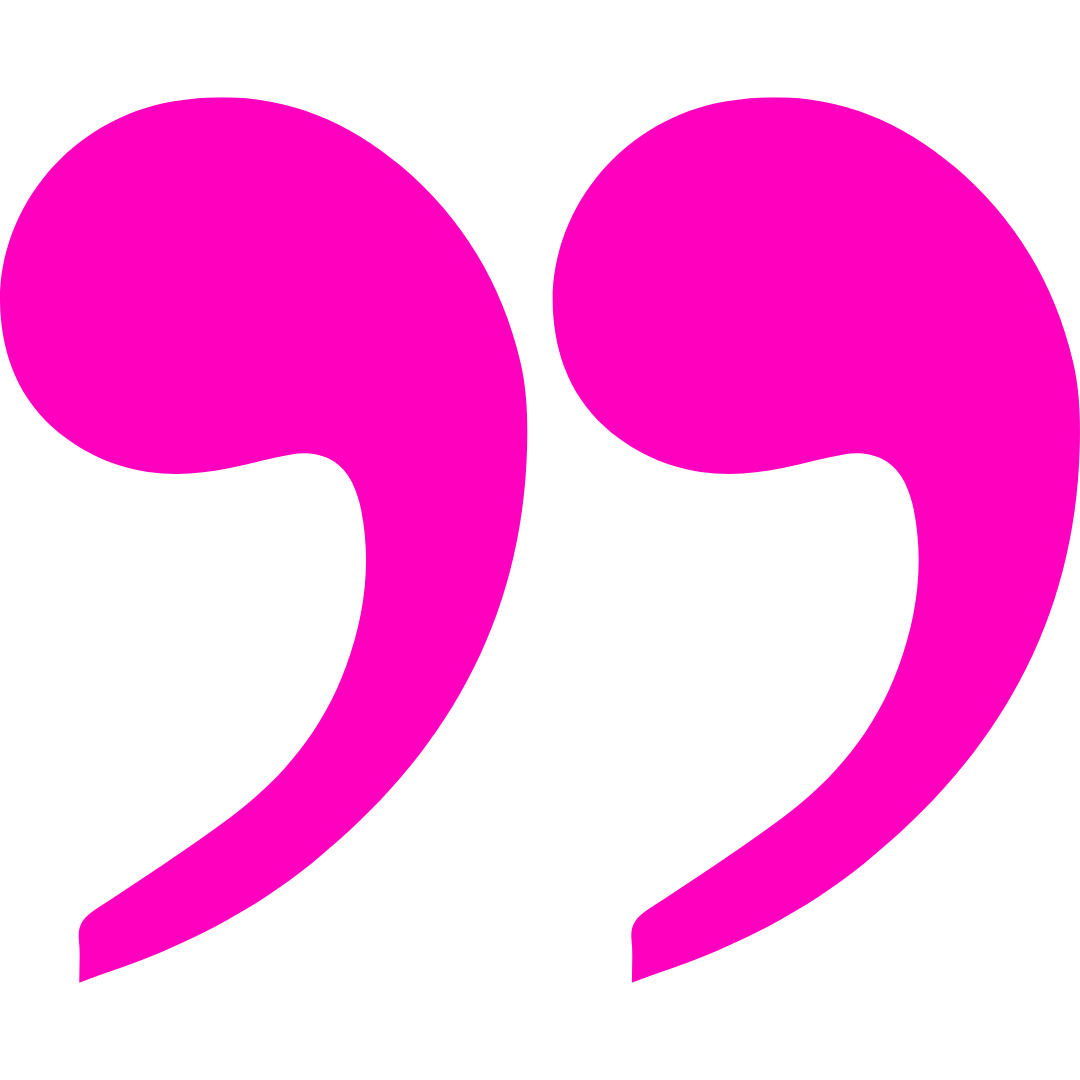
Post Off Quote
“Your greatest challenge is to not be distracted by that which happens in front of you, or is pulling on you or calling to you, but instead to find your center and magnetize to yourself all those things that are in alignment with your inner being.”
-Sonaya Roman

Post Off Affirmation
I am fierce and I am fragile. This is okay because this is me as I rise up from the ashes of the person I was and spread my wings to welcome the person I've become.
Stay Up to Date With The Latest News & Updates
Check Out My About Page
Find out what brought me here and what I’m doing.
Join My Newsletter
I have a lot of plans for this community so please subscribe so you can find out all about them.
Let’s Keep in Touch and all the things.
Showing 1–4 of 575 resultsSorted by latest
FREE Printable: Get a detailed actionable super awesome list to help you rid your online space of negativity.
101 Ways to
Eliminate
Negativity
Online

All I ask for is your email and I would never spam you or share your info. I just want to be able to keep you updated and let you know about my upcoming freebies.
Ready to kick the old you to the curb and embrace a new you that’s way more fabulous than your Netflix queue? Look no further! Dive into the wild journey of life coaching with fun, laughter, & humor. I’m not your average life coach; I’m the secret weapon against the negativity of your past that you never knew you needed. With a dash of laughter and a pound of motivation, I’m here to guide you toward a life where your only cravings are for success, happiness, and maybe a well-deserved ice cream sundae.
Transform Your Life
Learn More About My Coaching Program
I am a confidant, advocate, therapist, guide, mentor, supporter, motivator, encourager, friend, teacher, ally, navigator, problem solver, advisor, counselor, cheerleader, and so much more. I will help you get from where you’re at to where you want to be. So, why wait? Click the button to get more information, and let’s get you detoxed from those self-sabotaging habits and onto the path of transformatastic living! 🚀
**The button above will open a blank email to me. In the subject line, type re. Coaching Info or something along those lines. Then tell me a bit about yourself and what you are looking for, and I will send you my fees and services pack. We can go from there. If you are low-income, please let me know in the email because I do have an income-based payment program. You do have to provide supporting income information for that program.**
SUD Resources
If you are interested in getting help, please see the links below or contact me.
SAMSHA National Helpline
1-800-662-4357
This is an amazing resource that is run by an amazing individual, Stephen Murray. I personally volunteer as an operator for the hotline, and I couldn’t be happier to be a part of such a life-saving organization. The hotline is for anyone who doesn’t want to risk using alone. You call the hotline, and we stay on the phone with you while you do your dew and until you are sure you are okay. Should you become unresponsive, we immediately contact emergency services and send them to your location. I can personally attest to the fact that this hotline saves lives and changes lives for the better. Please put this number in your phone. If you want a few reasons why you should, you can check out my post on Xylazine and Fentanyl.
Related Articles
How to Use Sound Healing to Reset Your Mind and Spirit
| Personal Development | | Addiction Recovery | |Mental Health | | Spirituality | | Transformation...
Midlife Motherhood Is a Beast—And Nobody Talks About It
[dsm_perspective_image src="https://mlz7abivvlhp.i.optimole.com/w:auto/h:auto/q:mauto/https://www.samanthabushika.com/wp-content/uploads/2025/05/12-1024x1024.png" alt="Midlife Motherhood Is a Beast—And Nobody Talks About It" title_text="12" _builder_version="4.27.4"...
Breaking the Myths About Opioid Addiction & Recovery: Separating Fact from Fiction
[dsm_perspective_image src="https://www.samanthabushika.com/wp-content/uploads/2022/11/Breaking-the-Myths-About-Opioid-Addiction-Recovery-1024x1024.png" alt="Breaking the Myths About Opioid Addiction Recovery" title_text="Breaking the Myths About Opioid Addiction &...
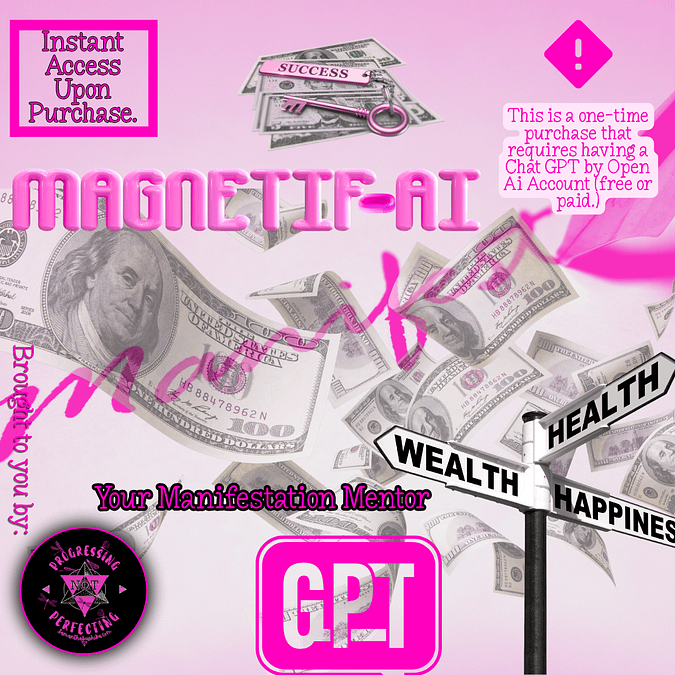











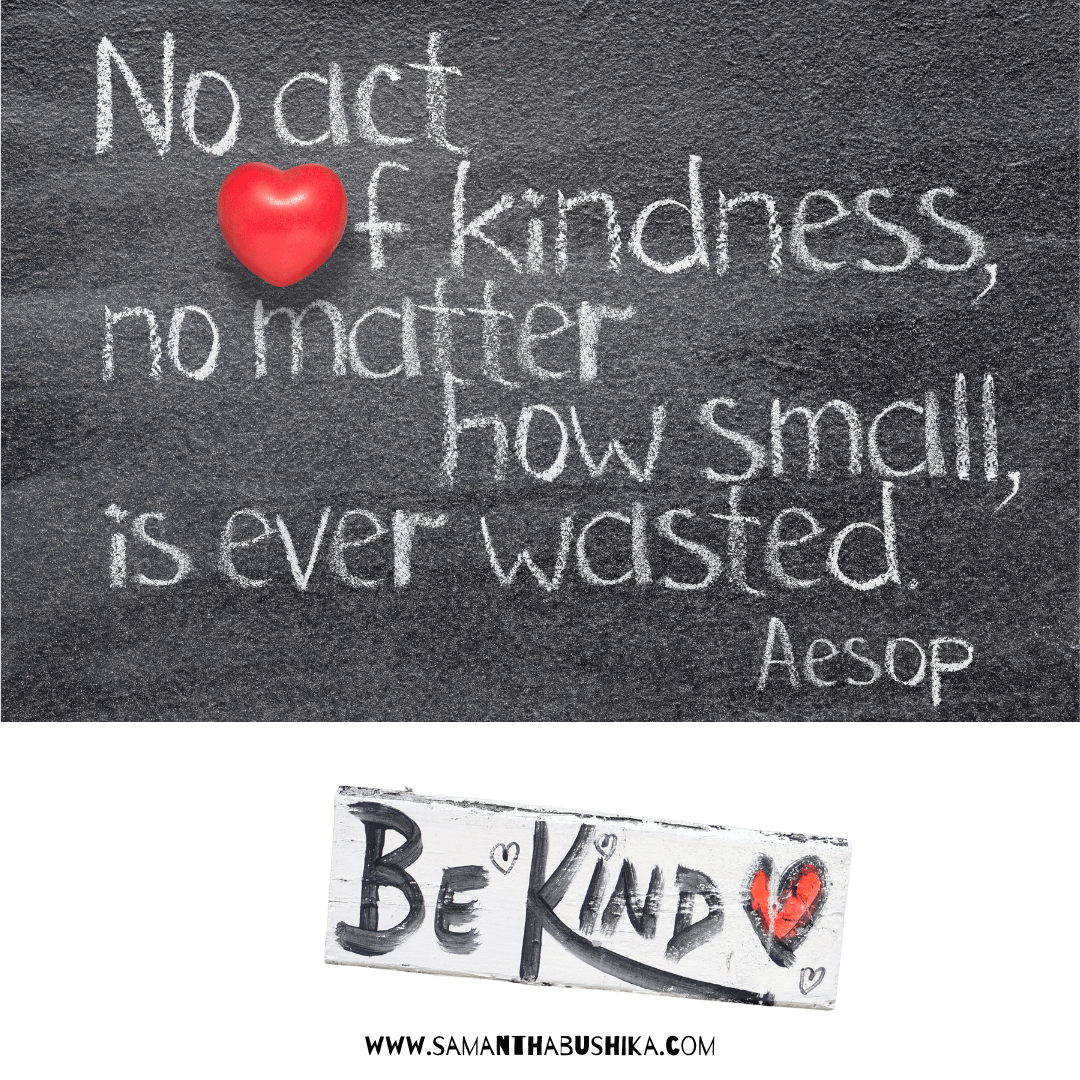




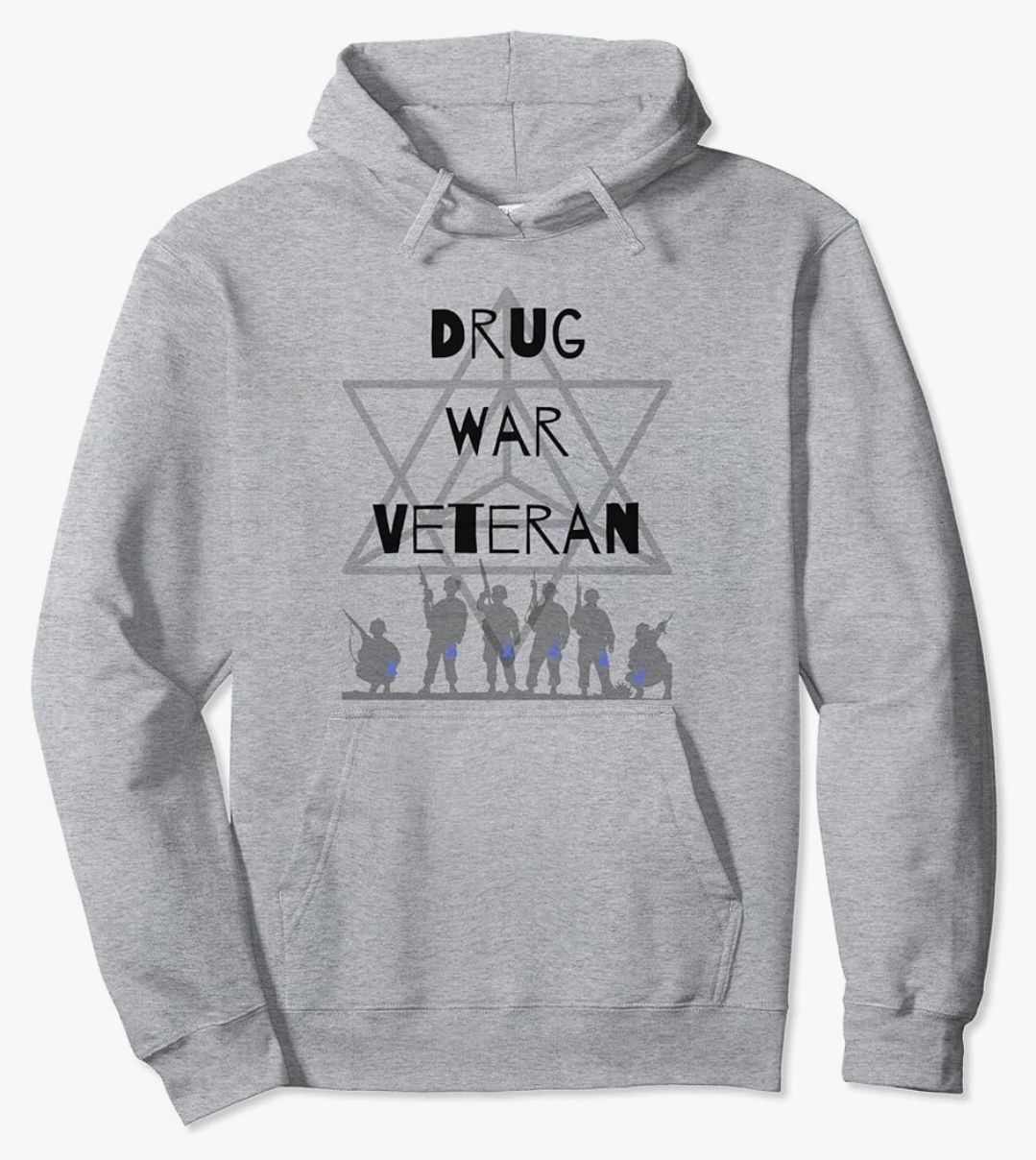
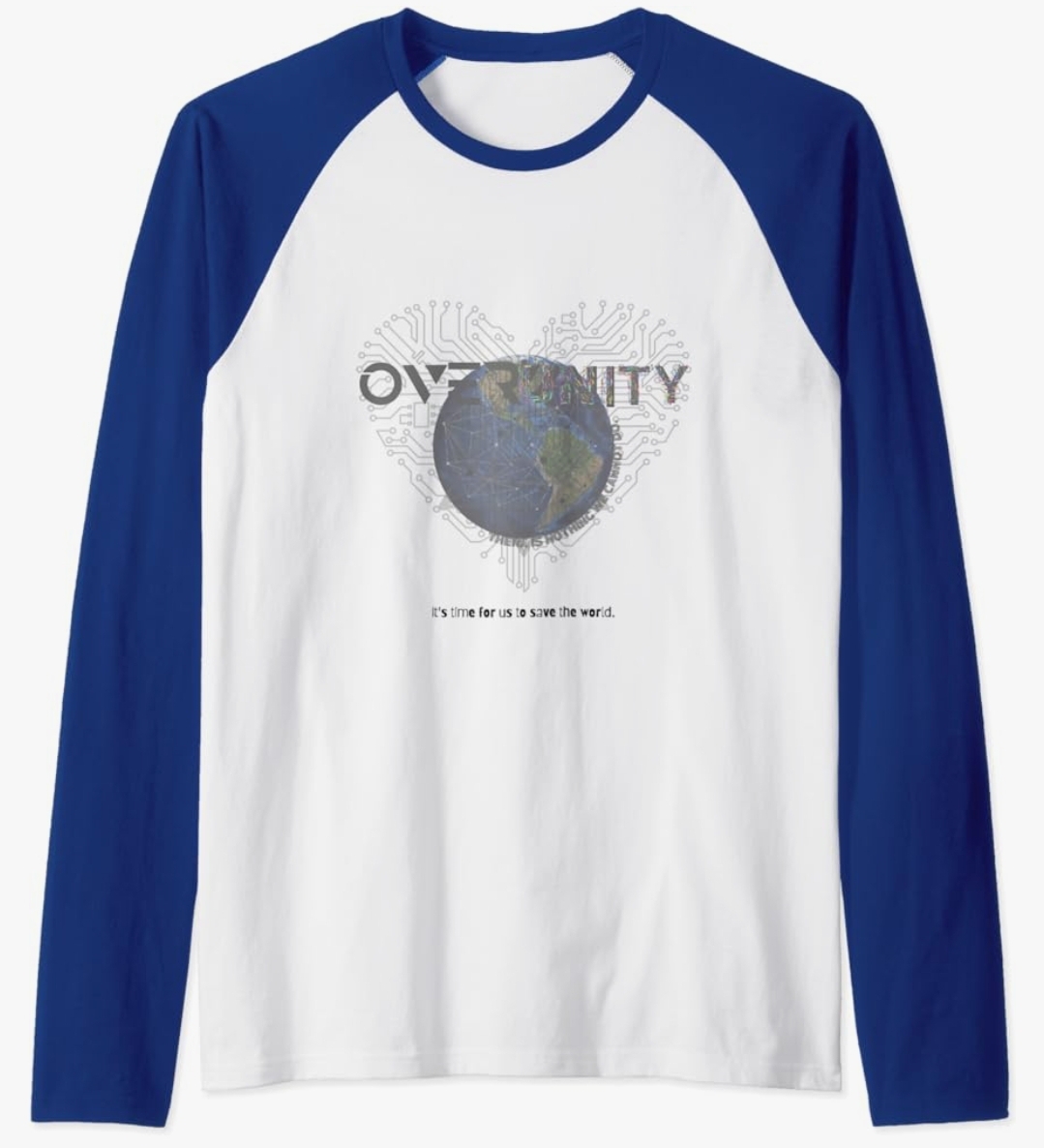
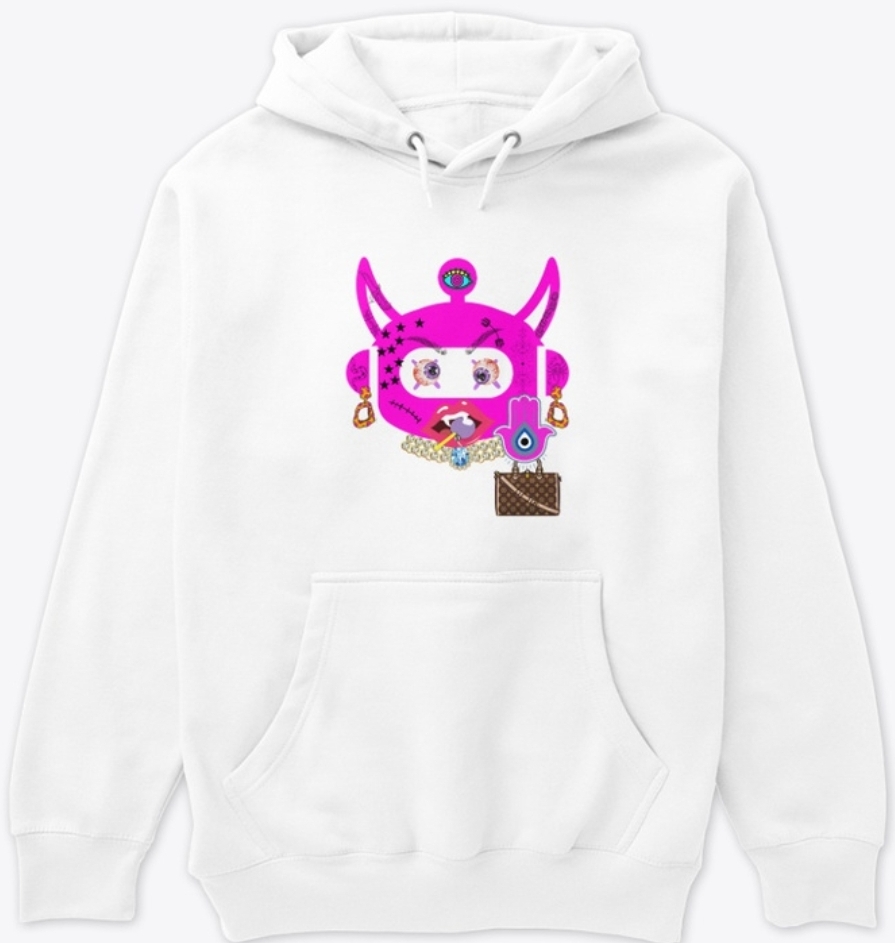




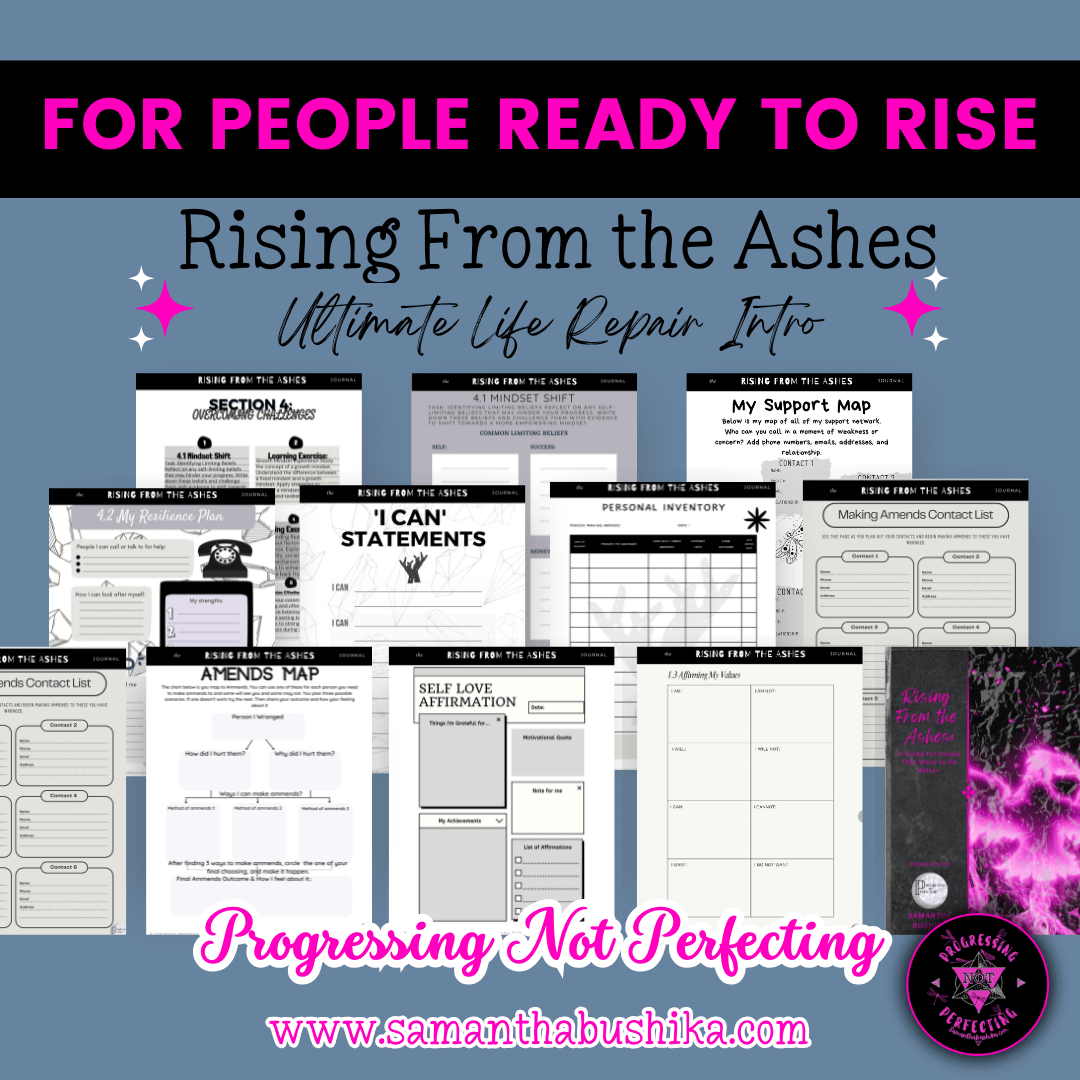
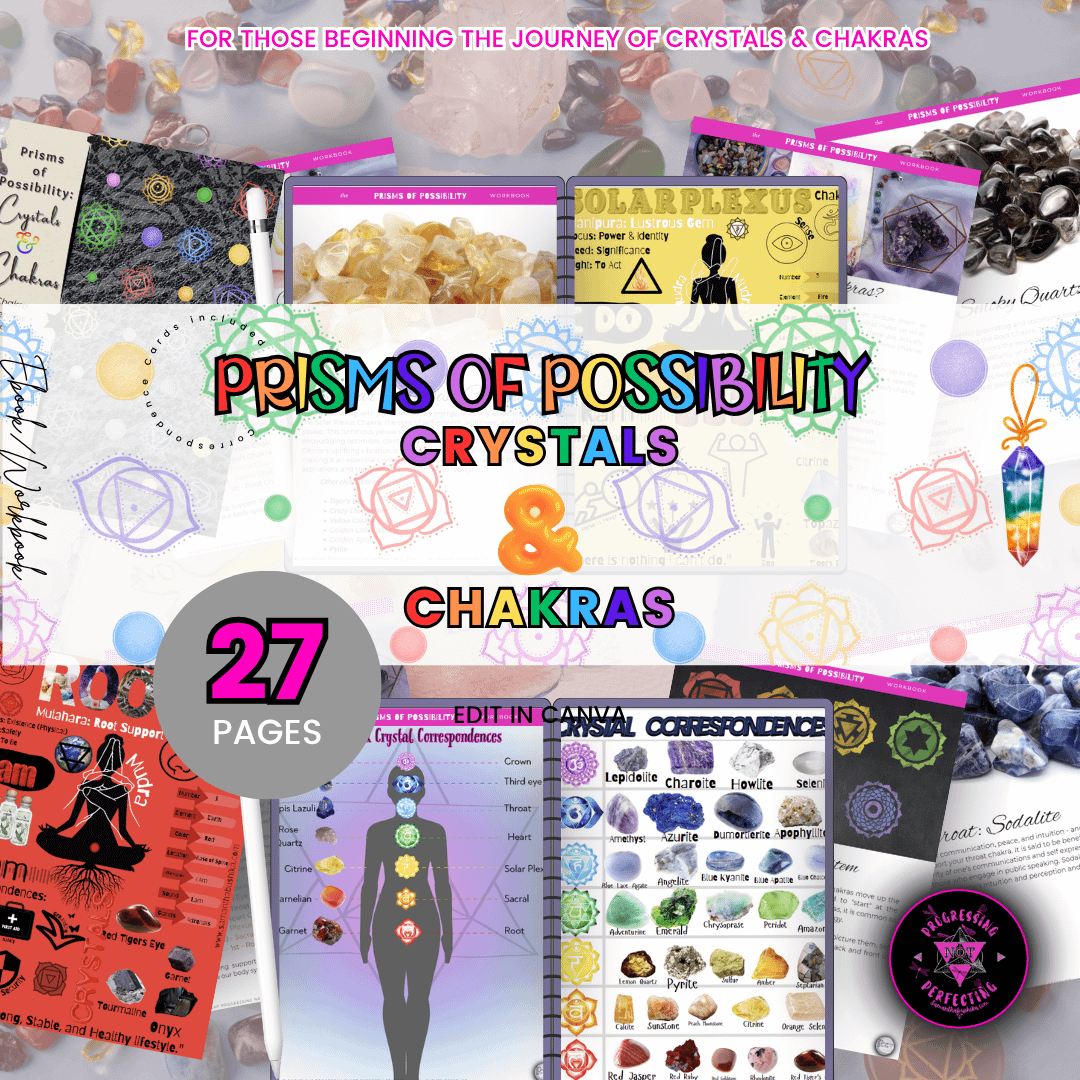


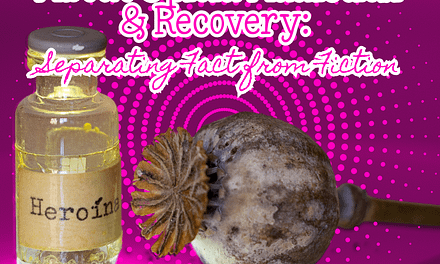
















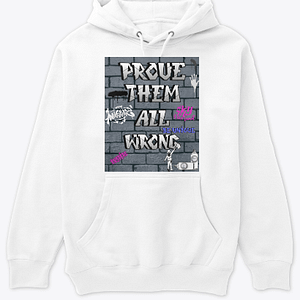


0 Comments